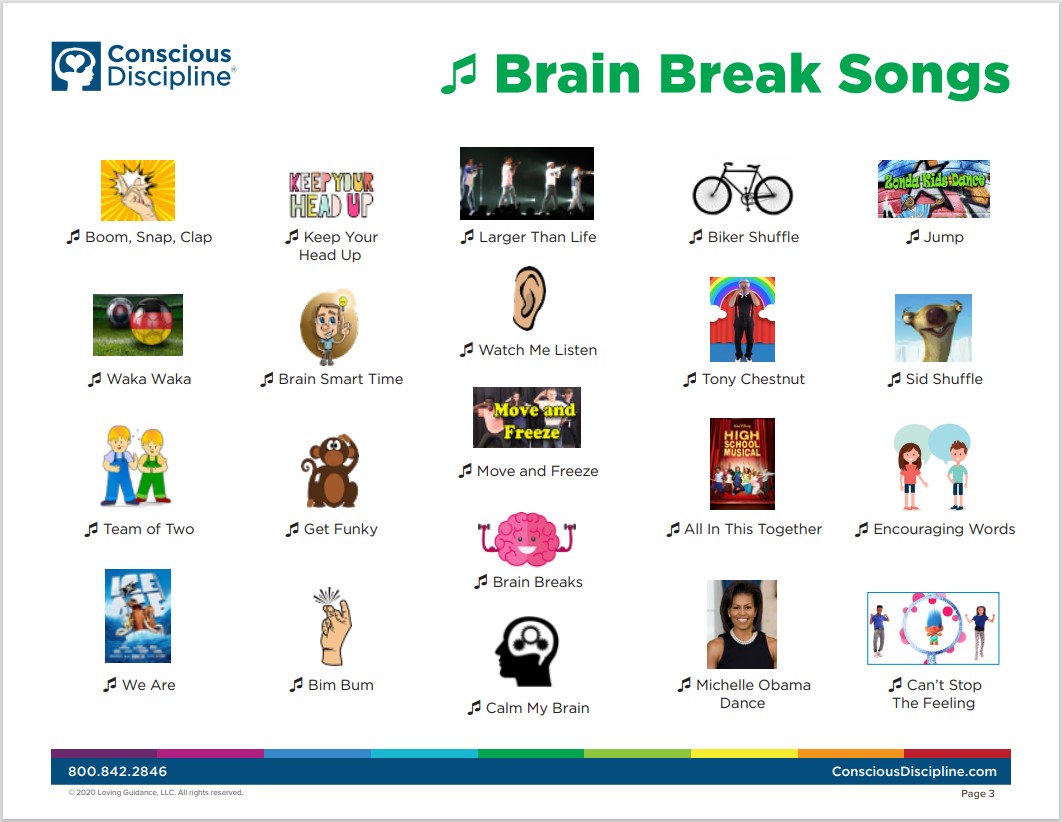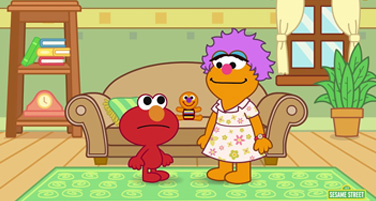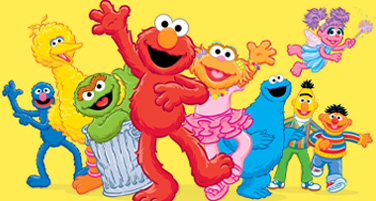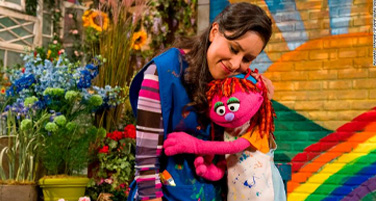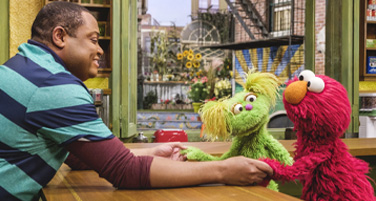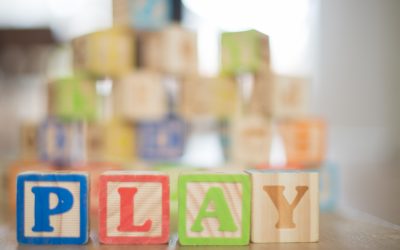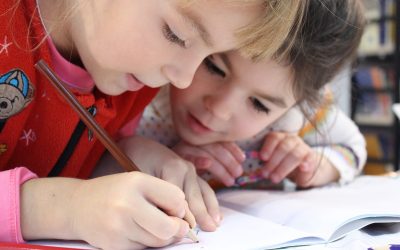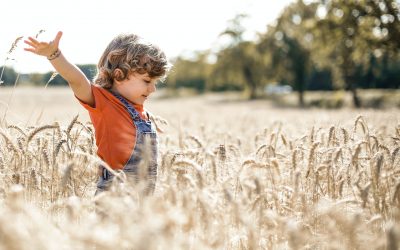Mental Health
If you or your child are experiencing a crisis (related to COVID, wildfires, displacement, unemployment or other reasons), we’re here to help. Please contact your child’s center to talk about mental health resources for families. Also read: Protecting Your Health During Wildfires & Covid
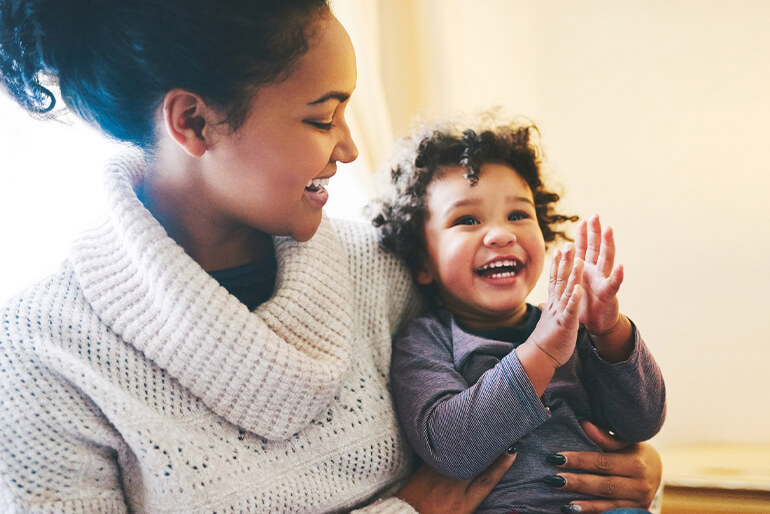
Mental Health
Our Head Start programs play a vital role in supporting the mental health and social-emotional wellbeing of our enrolled children and their families. We offer guidance for positive and safe behaviors and advocate for our families and their needs. We encourage children to develop trust, share feelings, problem solve, resolve conflicts and develop their unique sense of independence and self-esteem.
Most importantly, we lend an ear – if a parent or child is going through mental health challenges, we can help with referrals, community partnerships and on-site counseling. Our aim is to be a supportive partner when it comes to our Head Start families’ journeys toward healing, resilience and mental wellbeing.
At Home Brain Brakes and Active Calming
Brain breaks are short mental breaks taken throughout a lesson or academic activity. They help children remain calm, focused and
engaged, and they’ve been shown to reduce stress. With schools closed in response to COVID-19, this guide shows you how to
implement effective brain breaks at home.
(Click here for interactive Brain Brakes)
Our Services
Activities
Our everyday classroom routines and activities are designed to promote each child’s social and emotional development. Throughout the day, we provide support for children’s appropriate behaviors and also address problematic behaviors. Classroom activities that support our students’ mental wellbeing include reading time (with stories that promote emotional literacy), collaborative play, and problem solving games and toys. Positive acknowledgment is used to focus on all children’s strengths.
Have questions about your child’s developmental milestones? Visit these helpful links:
CDC’s Developmental Milestones

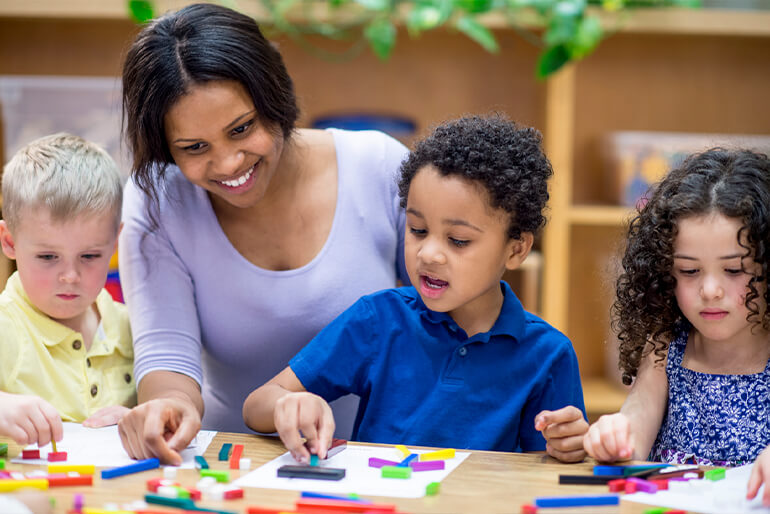
Multicultural Services
We offer culturally and linguistically responsive mental health services to support the diverse communities we serve in Klamath and Lake Counties. This includes culturally competent and bilingual communication, counseling, trainings and education. Many of our Head Start staff are reflective of the clients they serve, making outreach and treatment more effective.
Services for Families in Need of Supports
Our staff can help guide parents through accessing additional services when their child is diagnosed with a disability. We support families through screening children, providing referrals, and following up to make sure children are provided services inside and outside of Head Start that help them be successful when they reach elementary school.
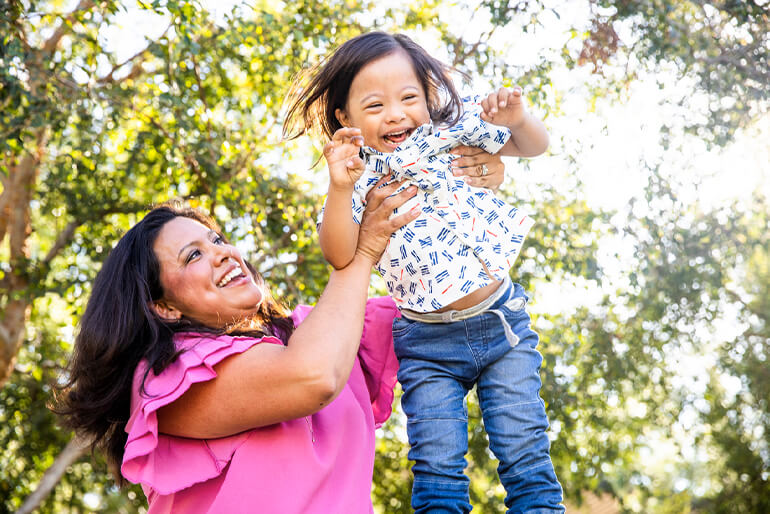
Frequently Asked Questions
What is Early Childhood Mental Health?
Mental Health can be considered as a general state of well being where a person’s emotional life is well integrated and can help him/her to function appropriately within personal relationships and social situations.
What is Social Emotional Learning (SEL) and how is it taught at Klamath Family Head Start?
At Klamath Family Head Start we use the Second Step Social-Emotional Learning (SEL) classroom curriculum for Early Learning. This helps littlest learners harness their energy and potential by teaching them to listen, pay attention, manage their behavior, and get along with others. The Second Step SEL Program includes an evidence-based plan for teaching self-regulation and social-emotional skills in a standardized, nurturing way that fosters student success and joy.
How do I start the process of getting mental health services for my child?
Do you enroll children with disabilities/special needs?
Sesame Street for Mental Health
Sesame Street is an amazing resource with hundreds of tools and videos for parents, kids, adults, and family members. The content is designed to help families grow stronger, healthier, and kinder, and covers topics ranging from nutrition and self-care to addiction and grief.
More Helpful Links & Resources
Resources for Addressing Trauma, Grief and Loss, or Abuse
What to Do If You Are Experiencing Domestic Abuse
Helping Children Deal with Grief
Understanding Children’s Responses to Crises and Tragic Events
Books
When Sophie Gets Angry – Really, Really Angry by Molly Bang
The Knuffle Bunny series, by Mo Willems
The Rain Came Down, by David Shannon
Jabari Jumps, by Gaia Cornwall
I Am Human: A Book of Empathy, by Susan Verde
Rita and Ralph’s Rotten Day, by Carmen Agra Deedy
Enojo Es… / Angry Is…, by Connie Colwell Miller
The Way I Feel, by Janan Cain
Alexander and the Terrible, Horrible, No Good, Very Bad Day, by Judith Viorst
While We Can’t Hug, by Eoin McLaughlin
A New Kind of Wild, by Zara Gonzalez Hoang
Carmela Full of Wishes, by Matt de la Pena
Love, by Matt de la Pena

News & Articles
Head Start at Home: A Guide to Family Routines
Schedules and routines help guide all of our actions throughout the day. Think about brushing teeth, making coffee, watching a favorite show after dinner -- all these routines define how we spend our days, and the same applies to our children, too. Though we might not...
Books to Help Kids Talk & Think About Emotions
Life is full of emotions! And there are times when some emotions can feel too complicated to explain. Even for adults, it can be hard to know what we’re feeling, or why we’re feeling the way we do. One might think that children don’t experience the same struggles...
How To Help Your Child Learn Positive Behaviors
Do you ever feel like you’re stuck in a pattern of “no”? It’s easy for adults to understand phrases like “no yelling,” or “no whining,” but oftentimes children need more specific guidance when it comes to turning around an unwanted behavior. Anytime you can swap a...

